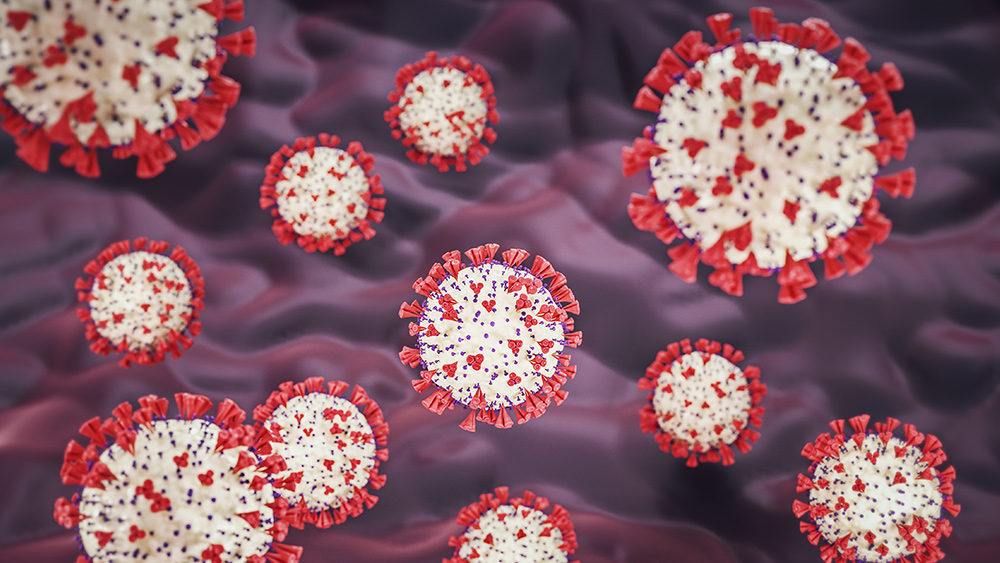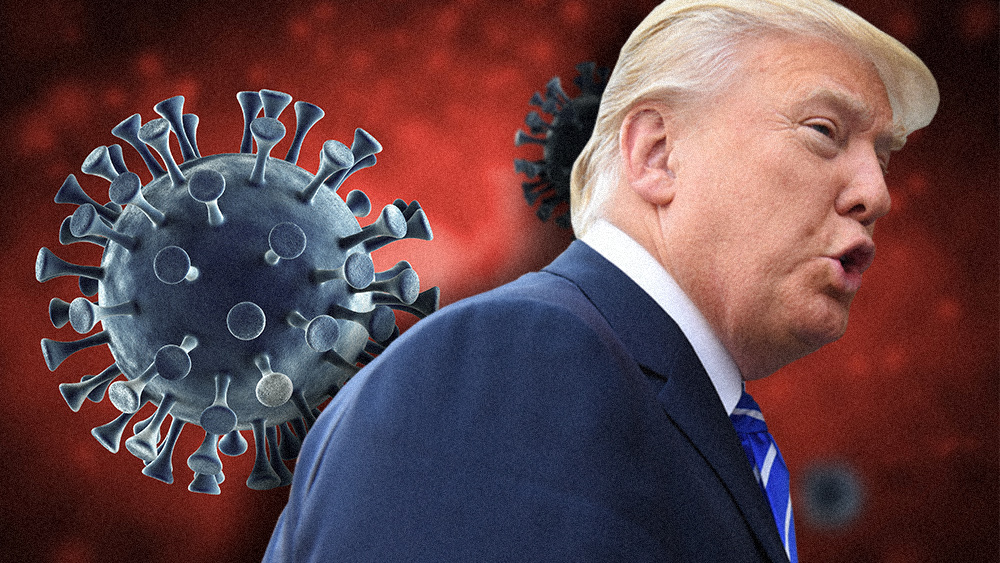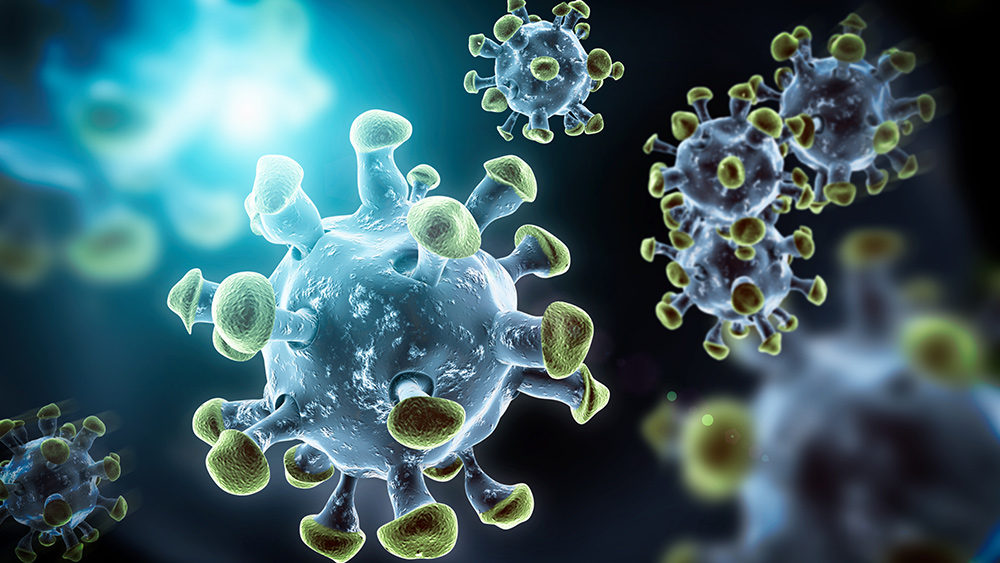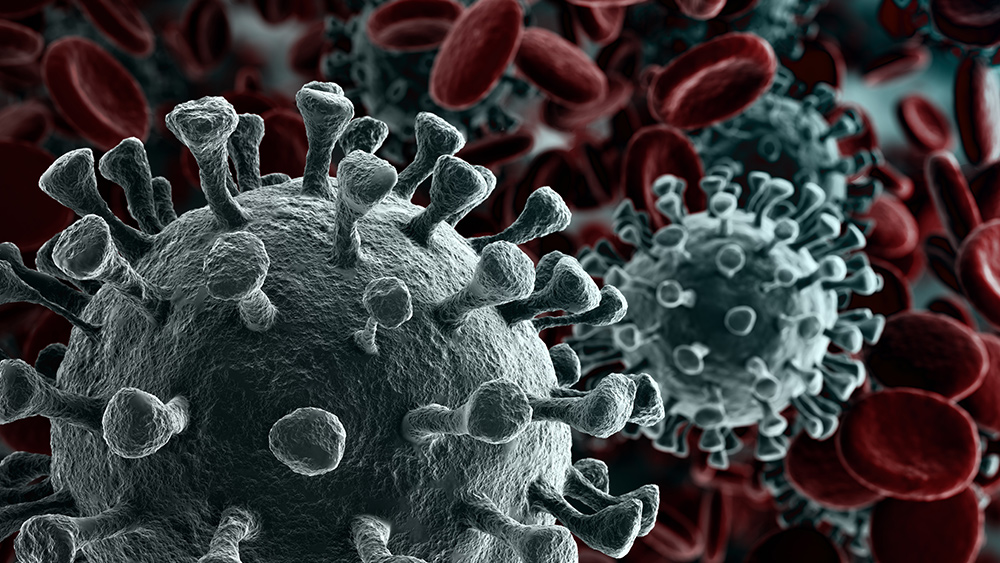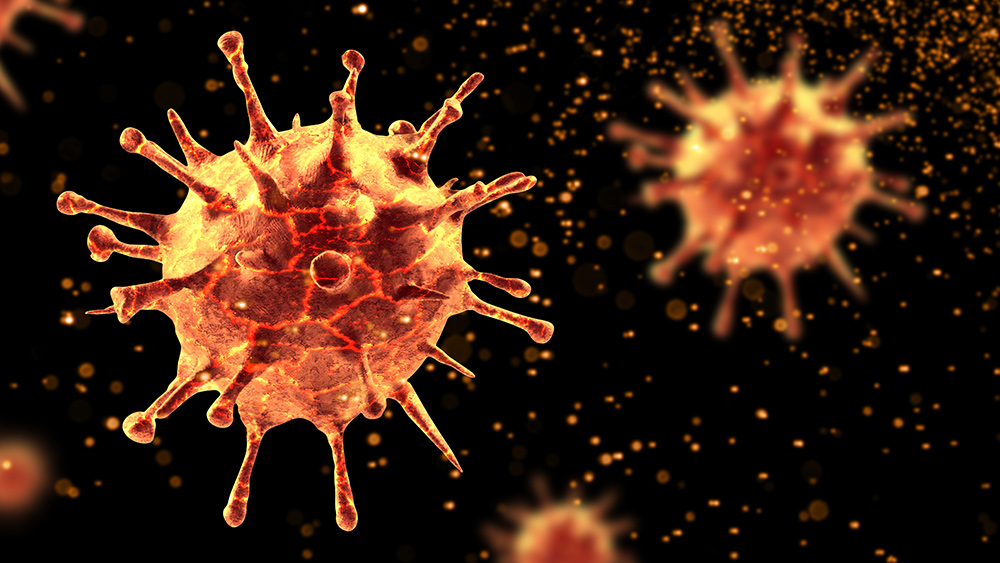Can recovered COVID-19 patients still infect people? Chinese doctors report up to 10 percent of “recovered” patients still test positive
04/07/2020 / By Tracey Watson

When it comes to COVID-19, the only thing we can really be sure of is that we don’t really know very much at all. Mortality rates, the R-0 value (the number of people each coronavirus patient will go on to infect), just how far we need to stand away from an infected person, whether or not we should wear masks, and just about everything else about dealing with this virus seems to change with each passing day.
Are we dealing with one strain or two? Has the virus mutated? And, importantly, can people who have “recovered” from the virus continue to infect others? If so, for how long?
According to a report by the South China Morning Post (SCMP), doctors in Wuhan, China, found that between 3 and 10 percent of “recovered” patients continued to test positive even after being discharged from hospital.
It has already been established that around 25 percent of COVID-19 patients are asymptomatic, and despite not showing any symptoms, are still infectious. Might it not be possible, then, that patients who are no longer displaying symptoms, but test positive, could still be infectious? (Related: New study shows coronavirus can live in patients for up to 37 DAYS after they’re diagnosed.)
Positive but not infectious?
As reported by the SCMP, researchers across the globe are working flat-out to determine whether COVID-19 patients develop antibodies that will protect them from future infections, and whether those who have officially recovered can still infect others.
The country with the best recovery rate to date is China, and as such, scientists are very interested in any research to come out of that country.
The SCMP reported:
The Chinese mainland, where the disease first emerged last December, has discharged over 90 per cent of its infected patients and around 4,300 confirmed patients are still receiving treatment in hospitals. …
Wang Wei, president of Tongji hospital told CCTV’s prime-time programme that of the 147 recovered patients they studied, only five – or just over 3 per cent – have tested positive in nucleic acid tests again after recovery.
Wang and his team insist that their study should not cause concern because there is no evidence that “recovered” patients can still infect others.
He told the media that none of the family members or associates of the five patients who recovered in his hospital but continued to test positive went on to get infected. (Related: Coronavirus survivors in China testing positive again, igniting fears of a possible second wave of infections.)
Nonetheless, their findings are especially relevant because China now has thousands of “recovered” patients, and if the doctors are wrong, these patients could go on to infect others.
And other Chinese researchers have found that far more than 3 percent of patients who no longer exhibit symptoms still test positive.
The SCMP reported further:
Life Times, a health news outlet affiliated with People’s Daily, reported this week that quarantine facilities in Wuhan have reported that about 5 to 10 per cent of their recovered patients tested positive again.
Previous reports have also highlighted cases where patients tested positive after recovery, including one on Sunday from Life Times about a family of three in Wuhan, who all tested positive again.
These incidents have raised questions about whether nucleic acid tests might not be reliable in detecting traces of the virus in some of the recovered patients.
Some experts have also expressed concerns about the sensitivity and stability of the test kits, and the collection and handling of patients’ samples.
Only time will tell whether recovered patients can continue to infect others or not, but with close to a million patients worldwide and over 50,000 who have already died, we can only hope and pray that the Chinese scientists are right.
Stay informed, stay alive. Bookmark Pandemic.news.
Sources for this article include:
Tagged Under: asymptomatic carriers, asymptomatic patients, China, coronavirus, covid-19, infections, infectious, outbreak, pandemic, recovered patients, reinfection

